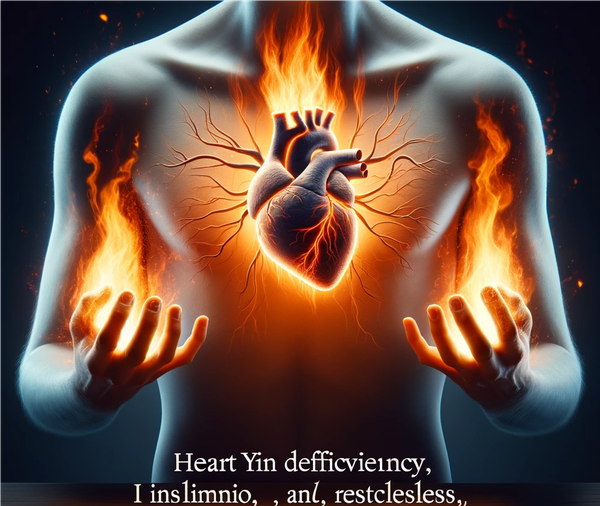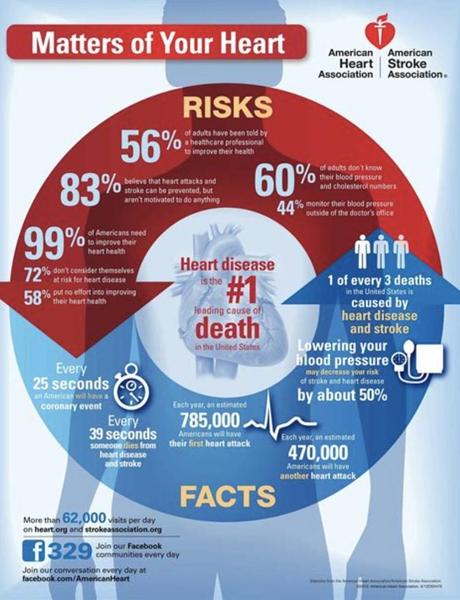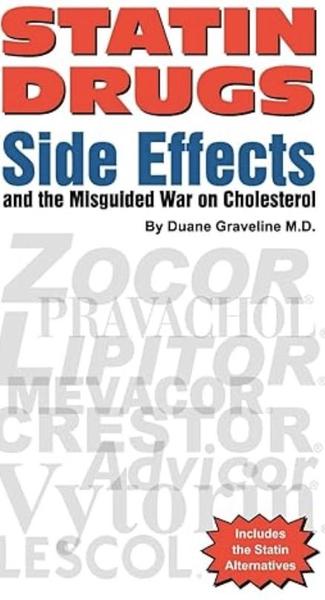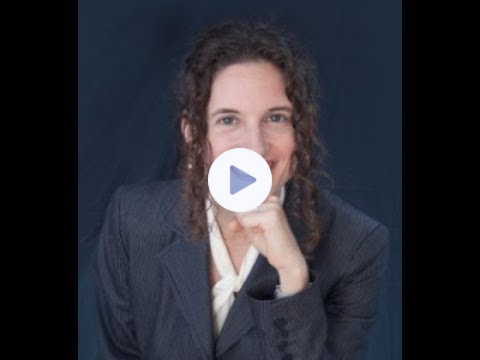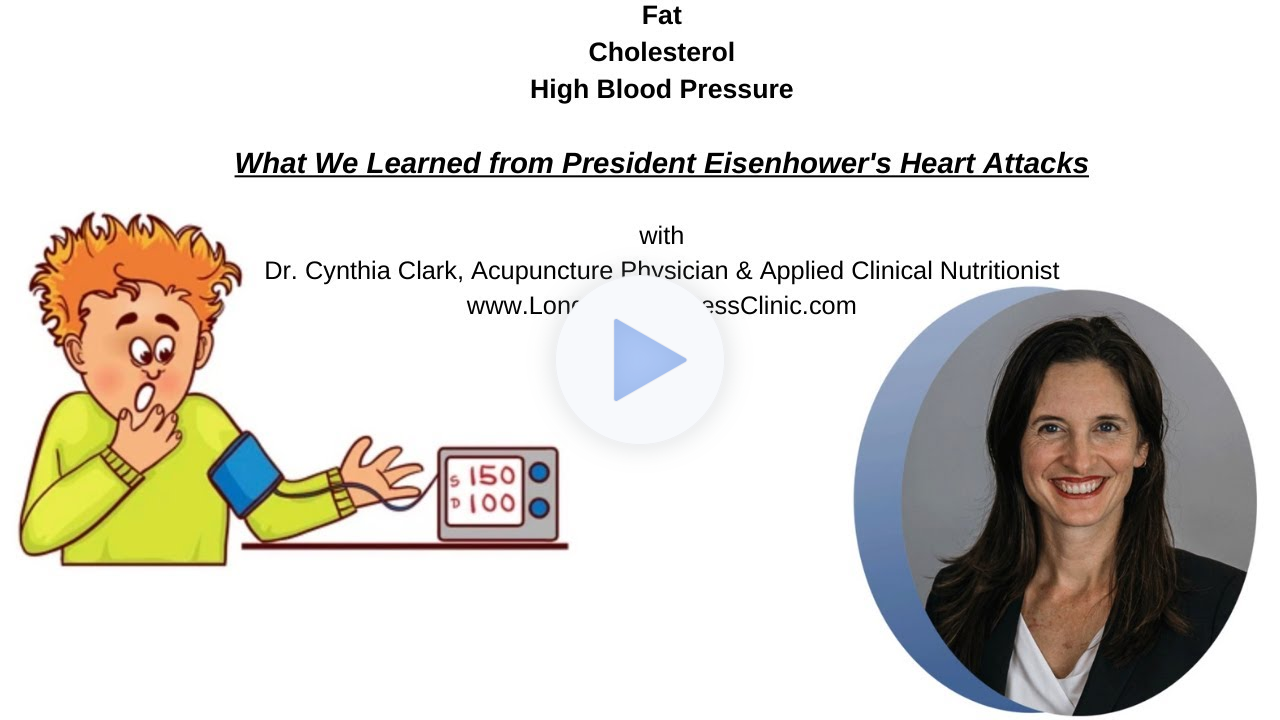What if you could tell the future about getting heart disease?
One of my favorite modern-day missives about preventative heart medicine is
Undoctored by Dr. William Davis, MD. It is a groundbreaking book that challenges the conventional notions of healthcare and empowers readers to take control of their own health. As a cardiologist, Dr. Davis witnessed firsthand the tragic consequences of relying solely on the medical system to manage health issues. He eloquently shares the personal story of his mother’s sudden death from a heart attack while he was working in a cath lab, highlighting the importance of being proactive and informed about one’s health.
Dr. Davis advocates for a more holistic approach to healthcare, focusing on prevention and lifestyle interventions rather than simply treating symptoms with medications. He believes that individuals have the power to make significant changes to their health by taking responsibility for their own well-being.
In Undoctored, Dr. Davis outlines his top 5 recommendations for tracking on bloodwork, including monitoring levels of blood sugar, insulin, thyroid function, vitamin D, and lipids. By keeping a close eye on these indicators, individuals can gain valuable insights into their overall health and proactively address any imbalances or deficiencies.
In terms of dietary and lifestyle recommendations, Dr. Davis emphasizes the importance of a grain-free, low-carb diet that is high in healthy fats and proteins. He also recommends incorporating regular physical activity, stress management techniques, and adequate sleep into one’s daily routine to optimize health and well-being.
Another one of my favorite resources for heart health is Oriental Medicine doc Dr. Jake Fratkin, OMD who practices in Boulder, CO. He is an expert in OM diagnosis, and treatment with acupuncture and herbs. Following are some of my notes from one of his cardiology seminars.
The Perfect Storm for Heart Disease: A Comprehensive Look at Risk Factors
Heart disease remains a leading cause of death worldwide, and the risk factors can often be interconnected, leading to what we call “The Perfect Storm” for heart disease. Here at Longevity Wellness, we emphasize the importance of addressing all aspects of heart health to prevent the onset of cardiovascular issues.
Following is a list of risk factors. As your number of these risk factors increases, you start approaching a “Perfect Storm,” – an impending cardiovascular event like a heart attack or a stroke.
The Perfect Storm Factors:
- High Glucose
- Excess insulin
- Excess LDL
- Low HDL
- Low free testosterone
- Low Vitamin D
- Excess triglycerides
- Excess fibrinogen
- Elevated C-reactive protein
- Excess homocysteine
- Hypertension
- Excess belly fat
These are all key contributors to heart disease. Each of these factors can increase your risk of developing cardiovascular issues, but when combined, they create a perfect storm that can have detrimental effects on your heart health. And it’s often reversible.
What We Do Differently at Longevity: The Heart Sound Recorder
One innovative tool we use at Longevity Wellness to assess heart health is the Heart Sound Recorder. This non-invasive device allows us to listen to the sound of your heart and detect any imbalances or irregularities in its rhythm. By analyzing the sound pattern of your heart, we can identify potential issues and develop a personalized plan to improve your heart health.
Incorporating the Heart Sound Recorder (HSR) into a Traditional Chinese Medicine (TCM) intake process for cardiac issues offers a unique blend of modern technology and ancient wisdom. TCM views the heart not just as a physical organ but as the seat of the mind and spirit, playing a crucial role in emotional well-being and overall Qi, or life energy, balance.
During a TCM intake, the practitioner traditionally assesses the heart through pulse diagnosis, observation, and inquiry into the patient’s emotional and psychological state. By adding the HSR to this process, the practitioner gains the ability to visualize the heart’s sounds, providing a complementary layer of insight. The waveforms generated by the HSR can offer tangible data on the heart’s rhythm and tone, which may correlate with specific TCM patterns of imbalance.
Standard of Care in Western Medicine:
There are some interventions in Western Medicine where, as an engineer and a compassionate human being, I say, “Thank God we live in 21st Century America!” America has the best trauma intervention in the world – people come from all over to study our emergency techniques. We have great labs and lab tests.
But preventative medicine is a different story. America has the lowest life span of almost all industrialized nations. While we’re great at rescuing people, we’re not great at preventing them from needing rescue. Our insurance system centers around pharmaceuticals and surgeries; not around preventing one from needing them. Dr. Davis in Undoctored, recognized this need and sought to educate the reader with modern lab tests to change that outcome. Dr. Fratkin does the same using Oriental Medicine.
Once someone gets diagnosed, one of the primary interventions is a statin medication. Statins all end with “-statin,” at the end of their true name, but many statins are given less recognizeable marketing names. Here are some of them: Crestor, Lipitor, Livalo, Zocor, Paravachol, Lescol, Altoprev, FloLipid, Ezallor (this one sounds like a amulet-bearing dragon fighter to me!), Nikita (that super-tough Russian chick in the movie named after her), and more.
What’s are the risks of statins, the primary heart intervention?
First let me say: I am not against all pharmaceuticals. People often assume this of me. Definitely in trauma situations, a person needs intervention STAT. A good friend of mine is a former Army medic, and I thank God for the relief those soldiers had access to through him, both for saving their lives and for giving them some rest time to recover. Anyone who has ever been in an unbearable amount of pain and had it alleviated with a topical anesthesic has been grateful for the gifts of modern medicine.
In general with most pharmaceuticals, the healthiest way to take it is for as short a time as possible. Especially if you’re taking medication for a preventable health issue that you can positively affect with diet and exercise: please be aware pharma has side effects. They tend to get worse over time, and people tend to wind up on more and more pharma, all of which take their toll on the body.
There’s one in particular that is very hard on the body, has a high likelihood of dangerous side effects, and shows little likelihood for preventing cardiovascular disease: Statins.
The best resource on statin medicine is Dr. Duane Graveline, a former NASA surgeon. Shortly after being given a statin, and several years after retirement, Dr. Graveline walked out of his house with his briefcase headed to the car. His wife asked where he was going, and he replied, “To work!” They went to the hospital instead, where he was diagnosed with a Transient Global Attack. In visiting with his doc, he asked if the statin could cause this as it was the only new medication he’d been taking. The doc assured him it was impossible, but they decided to discontinue the meds anyway. About 8 months later the doc convinced him to restart the statin. This time, Dr. Graveline headed out of the house all dressed up, and when his wife asked where he was going this time, he said, “To prom!” They discontinued the statin, and Dr. Graveline dedicated the rest of his life to the study and education of the negative effect of statins. You can find his research here: www.Spacedoc.com.
According to Spacedoc.com, some of the risks associated with statins may include:
Muscle pain and weakness: Statins can cause a condition called myopathy, where muscles become inflamed and weak. In rare cases, this can progress to a more serious condition called rhabdomyolysis, where muscle cells break down and release their contents into the bloodstream, potentially causing kidney damage.
Liver damage: Statins can elevate liver enzymes, indicating liver inflammation or damage. In some cases, this can progress to more serious liver problems.
Neurological effects: Some people may experience cognitive problems, such as memory loss, confusion, or difficulty concentrating while taking statins.
Diabetes: Statins have been linked to an increased risk of developing diabetes, particularly in people who have other risk factors for the disease.
Potential drug interactions: Statins can interact with other medications, increasing the risk of side effects or reducing the effectiveness of one or both drugs.
Coenzyme Q10 depletion: Statins can lower levels of coenzyme Q10, an important antioxidant and energy-producing molecule in the body. Some believe that this depletion may contribute to muscle pain and weakness associated with statin use.
Cardiovascular disease is often reversible, without the use of statin drugs.
Here’s a video on statins.
Here’s one on Fat, Cholesterol, and High Blood Pressure, starring President Dwight D. Eisenhower.
If you are concerned about your heart health or have risk factors for heart disease, we recommend booking a follow-up nutrition appointment with our team at Longevity Wellness. Our expert practitioners can help you address each of the factors contributing to “The Perfect Storm” for heart disease and develop a plan to improve your heart health.
This is one area where an ounce of prevention is definitely worth a pound of cure! Let’s get your heart on a path to optimal health today!
Don’t wait until it’s too late to take control of your heart health. Book your follow-up nutrition appointment with Longevity Wellness today and start your journey towards a healthier heart.




